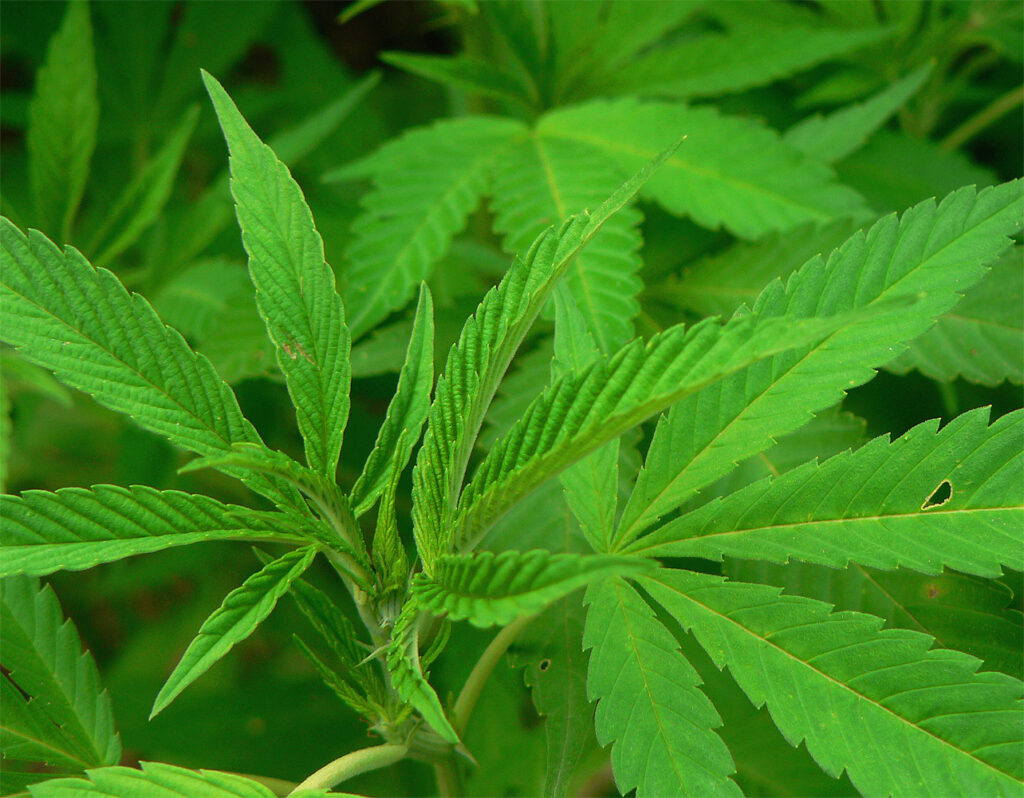
Legalised? We’re only just about prescribing…
In October 2018, Canada legalised Cannabis for recreational use. Is the UK behind the times?
On the 26th July 2018, the then UK Home Secretary Sajid Javid announced that specialist doctors would be able to prescribe cannabis derived medicinal products from autumn 2018 (1). Is the UK behind the times?
The advisory council on the misuse of drugs (ACMD) and the Medicines and Healthcare Regulatory Authority (MHRA) conducted a two-part review on the drug earlier this year and found it to have therapeutic value for treatment of MS, Epilepsy, Crohn’s Disease, Glaucoma and Cancer among others. This decision came after a 12-year-old boy, Billy Caldwell, was left in a life-threatening condition when his medication was confiscated at Heathrow airport. He had been prescribed a one-off treatment of Cannabis oil last year, leading to 300 days without a seizure but had to ‘import’ the oil illegally from Canada after his medication ended and his potentially fatal seizures restarted (2).
This, amongst other high-profile cases, prompted the Home Secretary to announce, “following the advice of two sets of independent advisors, I have taken the decision to reschedule cannabis-derived medicinal products – meaning they will be available on prescription.”(3)
Cannabis has actually been researched, developed and manufactured for over 20 years in the UK by GW pharma based in Kent. The UK is actually the largest production and export market of Cannabis in the world (4), yet since 1971 had maintained the drug has no therapeutic value and have denied patients access to it with very limited exceptions, such CBD a non-psychoactive chemical derived from the plant used since 2006 as ‘Sativex’ and the man-made drug Nabilone which uses artificial THC to help with Nausea in cancer patients during Chemotherapy.
Last year, a Biotech called MediPen which was founded in 1998, became the first dedicated cannabis research facility in the UK. They are similar to GW Pharma except they are publicly accessible and are encouraging other founders of Cannabis based innovations to use their facilities, trying to break down the negative connotations surrounding cannabis. They believe that cannabinoids can be a treatment for Crohn’s disease and cancer and plan to conduct clinical trials on humans.
At midnight in Canada, the first legal sale of recreational Cannabis took place 17mn after it was made been medically available (5). In the UK, we’re a generation behind but progress is being made – the MHRA and DHSC are developing a clear definition of what constitutes a cannabis-derived medicinal product and are developing frameworks and clinical guidelines to ensure its safety. In the meantime, an independent expert panel has been put in place to review each case. This shift opens doors to new research and subsequently new medicines for patients.
Given its recreational use and often negative connotations, cannabis consumption remains a controversial subject for the UK and many other countries. However, we think everyone can agree that where it helps unmet patient needs then pursuing a course of medical legalisation and new product R&D is the right path for the UK government to follow.
Sources:
1. https://www.canada.ca/en/health-canada/services/drugs-medication/cannabis/laws-regulations.html





